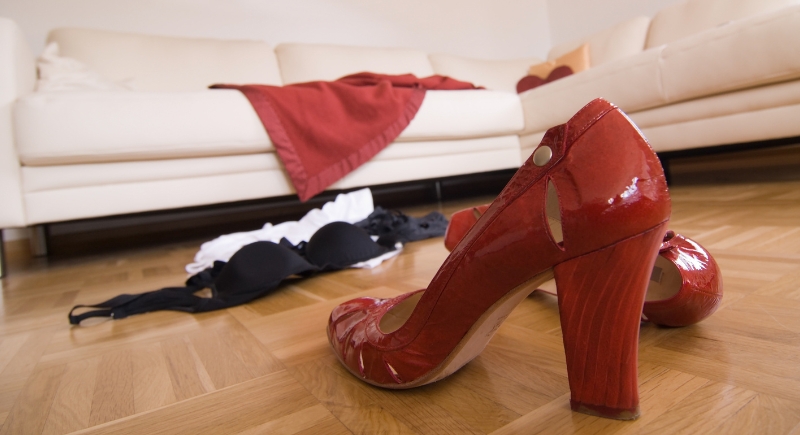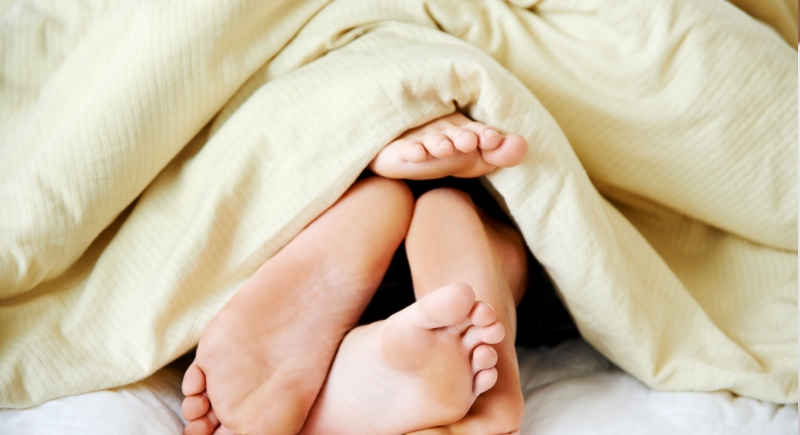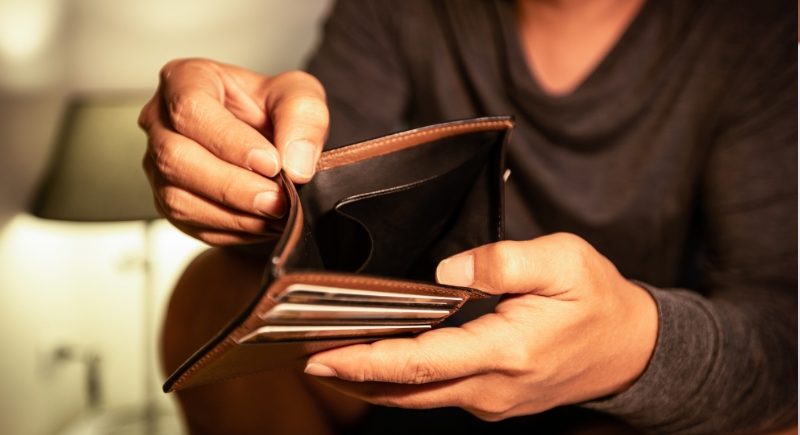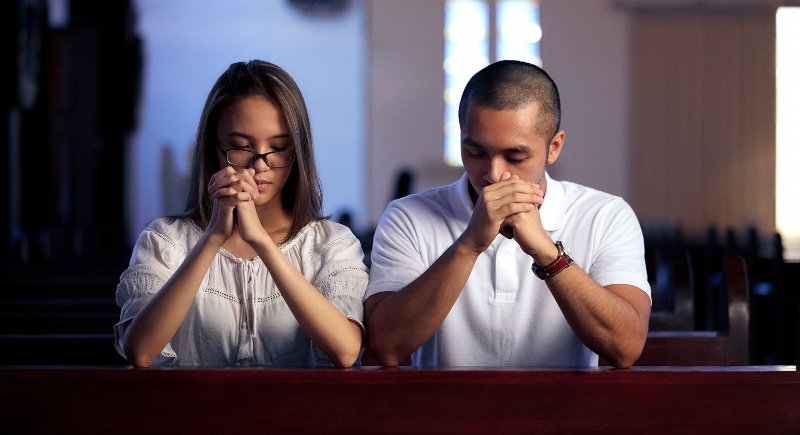Coldplay’s Drama: Who Cheats More, Men or Women?
After Coldplay’s concert trended for all the wrong reasons, the internet reignited one of its oldest debates: who cheats more, men or women? While celebrity scandals spike curiosity, real data adds depth to the conversation. We combed through studies, surveys, and expert takes to bring you the most surprising and oddly entertaining facts about infidelity!
Age Makes a Difference, But Not How You Think

Credit: Getty Images
The Institute for Family Studies (IFS) found that men in their 70s report the highest rates of infidelity, higher than younger men. That’s right; Grandpa’s is at the top of the charts. For women, cheating peaks in their 60s. The cheating curve bends upward with age, especially for those married 20+ years.
Women Are Catching Up Fast

Credit: Getty Images
A 2024 article in LoveToKnow highlights a 40% rise in infidelity rates among women over recent decades. Millennials in particular show a narrower difference, with 13% of women and 15.9% of men admitting to affairs. Shifting social norms and more opportunities may explain the trend toward equality in this department, at least.
Emotional Affairs Tip the Scales for Women

Credit: Getty Images
The Institute for Family Studies notes that women are about 15% more likely to have emotional affairs than men. Unlike men, whose top motivator tends to be physical dissatisfaction, women often cheat to feel seen, heard, or simply emotionally connected.
Men Lead in One-Night Stands

Credit: Getty Images
According to data from TAD, married men are 25% more likely than women to admit to one-night stands. This may reflect differences in how men and women approach cheating. It’s not a hard rule, but the pattern repeats across multiple surveys.
Cheating Isn’t Always About the Relationship

Credit: pexels
Surprisingly, some people cheat not because they’re unhappy with their partner, but because they’re unhappy with themselves. A study cited by Regain found that low self-esteem and neuroticism are strongly linked to cheating, especially when the person suspects their partner of being unfaithful.
College Students Have Higher Cheating Rates

Credit: Canva
Referenced to Regain, a whopping 75% of male and 68% of female college students admitted to cheating. That’s a sharp contrast to the 15–25% range typically seen in married adults. Youth, freedom, and less commitment probably drive those numbers higher.
Most Affairs Don’t Become Marriages

Credit: Canva
Dr. Jan Halper once noted in her book Quiet Desperation that only 3% of men who cheat end up marrying their affair partner. Marriage counselor Frank Pittman added that those who do marry their mistress have divorce rates as high as 75%.
Cheating Doesn’t Always Mean Divorce

Credit: Canva
Despite infidelity being a top reason for divorce, many couples choose to stay. Divorce Magazine reports that 60–75% of couples who experience infidelity stay together. People find reasons to stick around, whether it’s love, finances, kids, or lack of better options.
Men Use Dating Apps to Cheat More Often

Credit: Getty Images
A study in Computers in Human Behavior found that 42% of Tinder users were already in relationships, and most were men. Another student survey showed 73% had guy friends using dating apps while coupled up. Women do it too (56%), but men clearly dominate the “just browsing” while “taken” category.
Younger Women Are More Likely to Cheat Than Young Men

Credit: Getty Images
Among adults aged 18 to 29, IFS data shows more women than men admit to cheating—11% versus 10%. It’s the only age group where the stats flip. As age increases, men overtake women in reported cheating. It’s a short-lived trend that hints at changing dynamics in younger relationships.
Intimacy Plays a Quiet Role

Credit: Getty Images
About 10% of Americans deal with the intense need for intimacy. This condition can drive repeated cheating and has links to anxiety, bipolar disorder, and other mental health issues. Though often overlooked in relationship talk, compulsive behavior accounts for a significant number of affairs.
Money Problems Add Pressure

Credit: Canva
The American Sociological Association found that men who were financially dependent on their wives were 15% more likely to cheat. Power dynamics in a household may nudge some men toward affairs, especially when their partner earns more. Interestingly, women who earn more are less likely to cheat.
Religion Influences Cheating Rates

Credit: Base Image
Religious individuals are less likely to cheat. That doesn’t mean it’s impossible; it’s just statistically less common. Spiritual or moral frameworks may deter some people from stepping outside their relationship or, at least, keep them from admitting it on surveys.
People Lie on Surveys About Cheating

Credit: Canva
Infidelity statistics often rely on self-reporting, which isn’t the most reliable method. As LoveToKnow points out, cheating carries a heavy stigma, so many respondents lie or underreport. After all, if someone won’t tell their partner they cheated, they’re probably not confessing to a stranger with a clipboard either.
Coldplay’s Drama Isn’t That Unusual After All

Credit: Wikimedia Commons
While celebrity gossip feels larger than life, Coldplay’s cheating scandal reflects a widespread reality. Statistically, about one in five married men admits to cheating—Chris Martin wouldn’t be the first rock star to prove the data. What sets stories like his apart is how public they are.